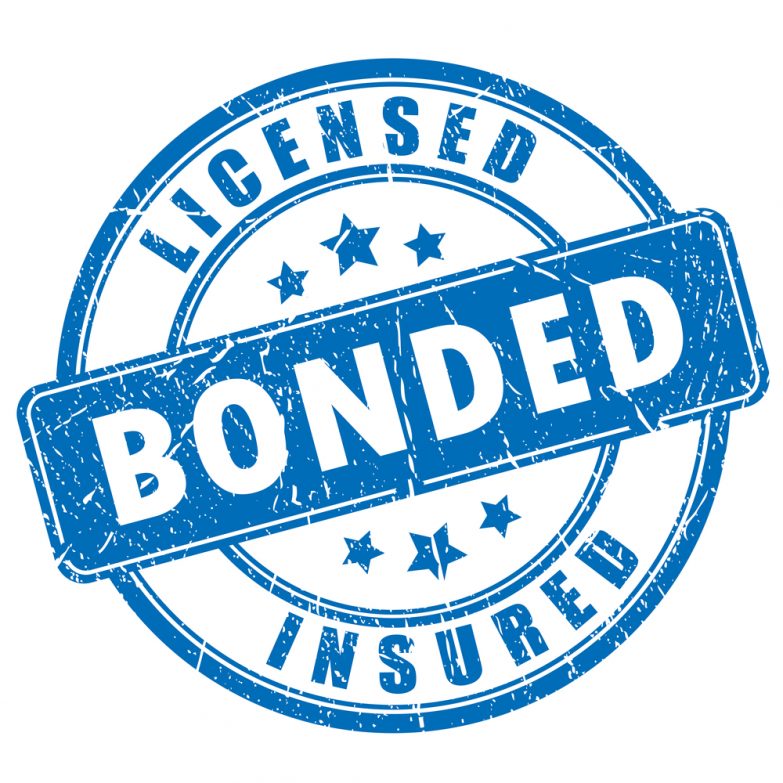When customers hear a company is bonded and insured, they feel reassured. But when someone owns a business, what do these terms mean and why do they matter? Discover the reasons to get a NJ business bonded and insured.
The Meaning of Bonded and Insured
Bonds and business insurance are not the same. Different types of business insurance cover specific things. General business insurance policies cover company property, trip and fall liability, fire, and theft. Professional liability insurance, known as errors and omissions, is for industry professionals such as doctors, lawyers, and accountants. Workers’ compensation covers employee injuries during work hours. Bonds guarantee business performance. And this performance is required by consumer demand or the law. The significant difference between insurance and bonding is the bond company requires collateral or security for claims made against your company. And typically, companies are licensed by the state where they conduct work before they get bonded and insured.
The Benefits of Being Bonded
Basically, bonding ensures the work a company is hired to perform is done. And the customer is protected from theft, loss, and damages caused by the company’s employees. While the business will still have to pay claims with bonded workers, customers know losses to them due to your work are recoverable from the bonding company. Because the bonding company has collateral or security, the customer can be assured of recovery. Bonding benefits companies and consumers. People prefer to hire bonded businesses, so companies holding a bond secure more projects.
Types of Bonds
The two most common types of bonds are fidelity bonds and surety bonds. Fidelity bonds provide insurance against loss due to employee actions such as theft. And these acts of misconduct are not covered by the business’ general insurance. Also, this type of bond may cover all your employees or specific ones. A surety bond is a contract between three parties, the principal, the obligee, and the surety. If the principal does not perform the work covered by this bond or causes damage to the obligee, the surety pays the amount of the bond to the obligee. And the money paid to the obligee can be used to get the job done by another business.
Businesses That Invest in Bonds
Companies that work directly with consumers, hire employees, and bear a high level of risk should be bonded. Types of enterprises that get bonds include general contractors, janitorial services, renovation businesses, and companies working under a government contract. Often the terms of their project or employment agreement require bonding. Failure to get bonded would mean losing the project. As a result, companies invest in bonds to secure these competitive projects.
How to Get Bonded
Businesses get bonded through bonding agents or surety companies. Both operate in a similar fashion as insurance companies. Special bonds are available for certain types of companies, such as small businesses. The cost of bonds varies based on the company issuing the bond, extent of coverage, and the deductible if one is permitted.
Securing Bonding and Insurance
A professional NJ insurance agent helps companies get the right level of bonding and insurance. Both matter because they cover different things. While bonding and insured are not the same, both protect businesses against losses. And companies need to carry a specific bond and amount of insurance based on their project agreements. Failure to carry the proper bonding and insurance could mean costly liabilities and loss of the contracted work.
Whether you are starting a business or own an established corporation, regularly check your insurance policies and bonds to ensure you have adequate coverage. Bonding and insurance protect you and your valued clients from costly losses, damages, and performance failure.
Thank you for reading our blog! How can we help you? Contact us today.



